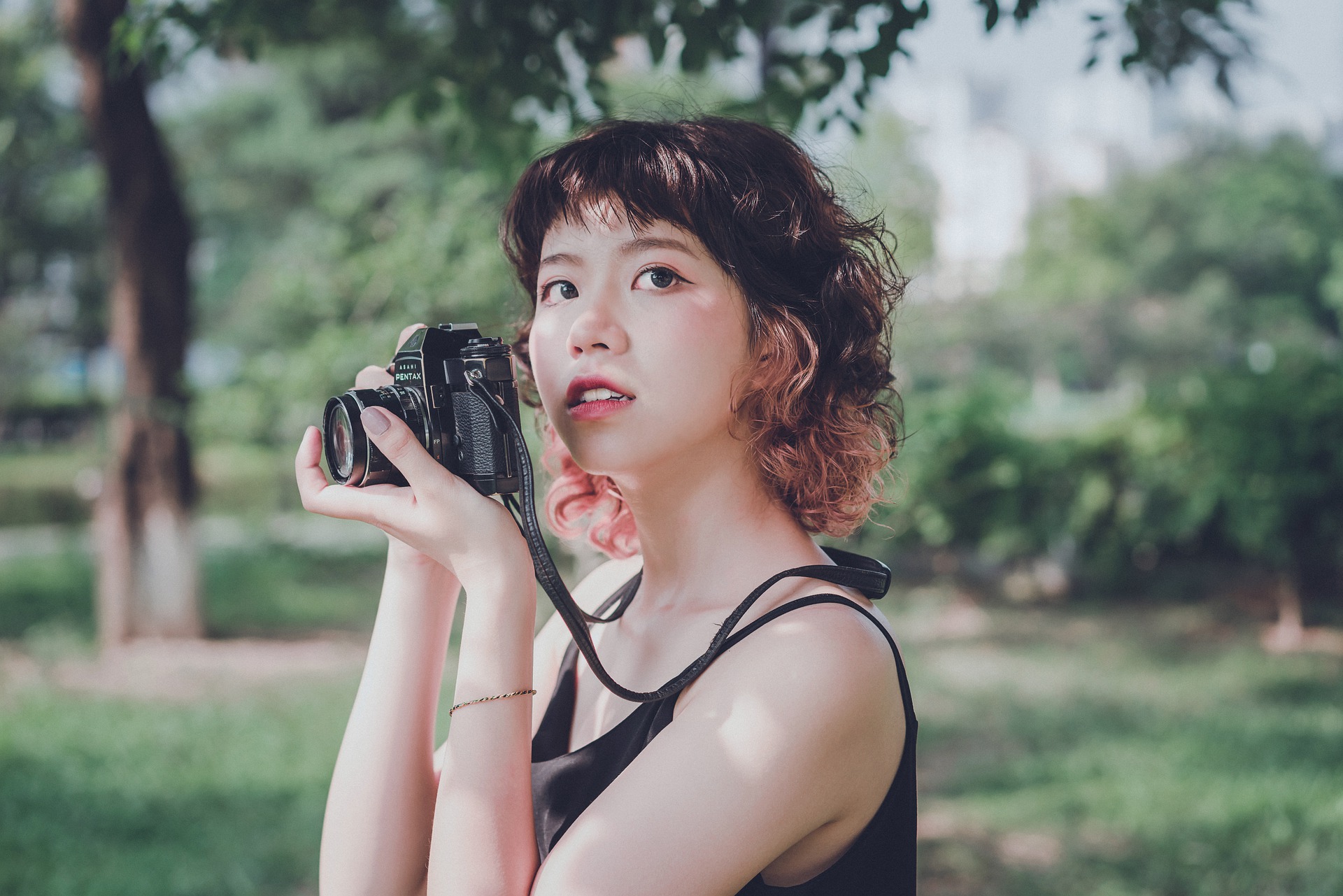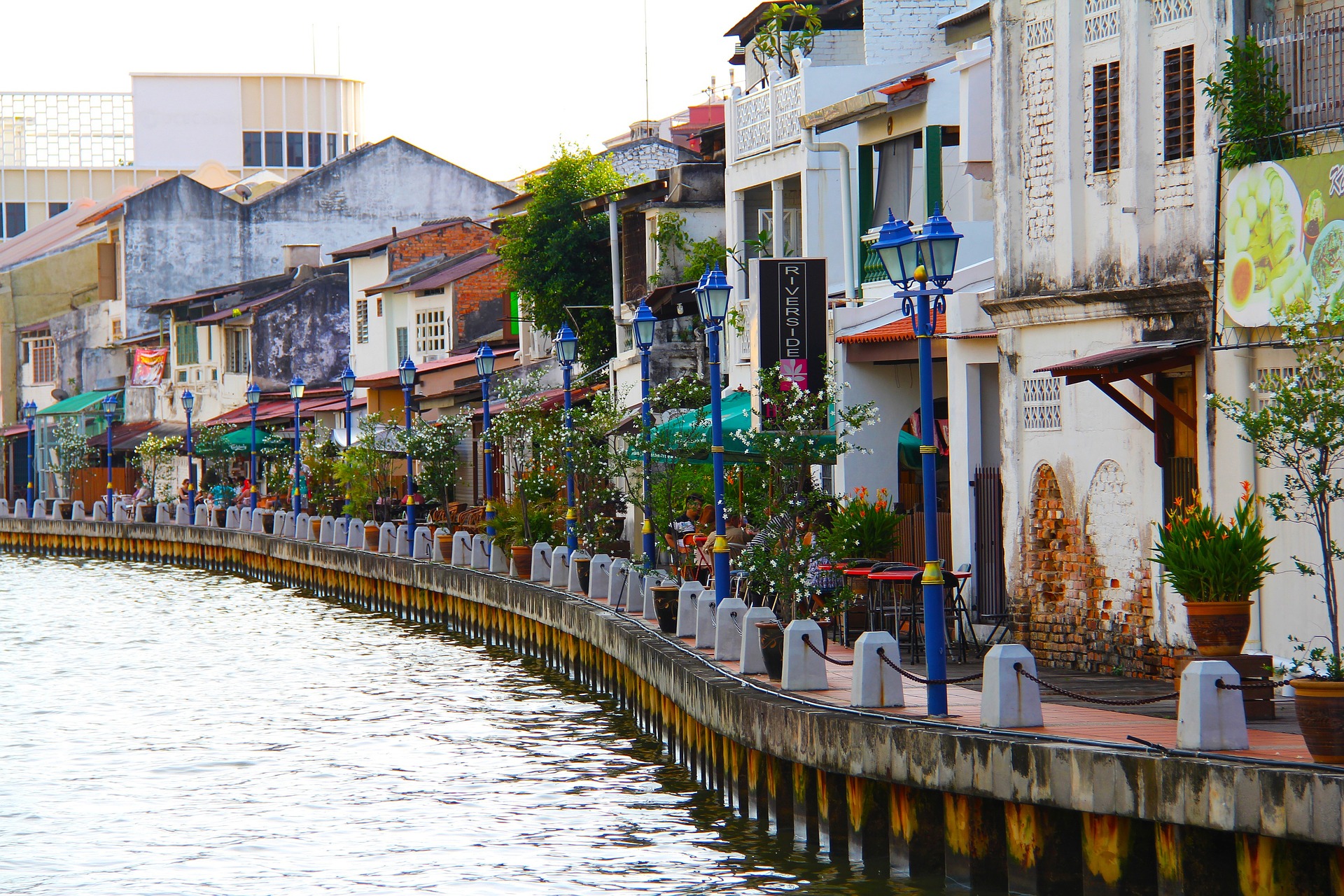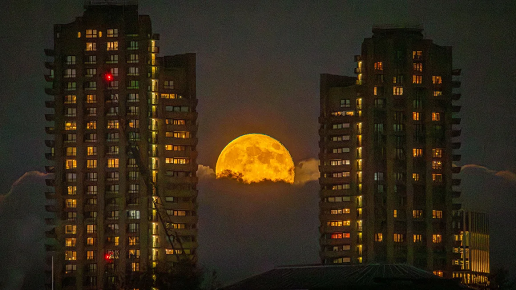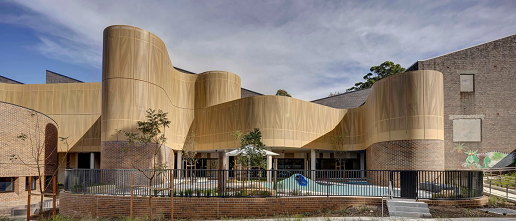According to The Star, when the Hang Tuah Village in Melaka's Kampung Duyong reopens after a recent refurbishment, those who have long wished to see how Malay warrior hero Hang Tuah lived in ancient times will be able to do so.
The residences of Hang Tuah's brothers-in-arms - Hang Jebat, Hang Kasturi, Hang Lekir, and Hang Lekiu - will also highlight their own unique concepts, according to Melaka Museums Corporation (Perzim) general manager Mohd Nasruddin Rahman.

Visitors to Melaka's Hang Tuah Village can expect an Instagrammable attractions. (Photo / Retrieved from Pixabay)
On February 1, the Hang Tuah Village complex, which spans 16.2 acres, will reopen to the public.
Read More: Muslim-friendly environment in Taoyuan, Longgang Mosque underwent building expansion
He said the rebranding of the mansions of these great warriors from the Melaka Sultanate's golden age began last Wednesday, with repairs and cleaning work as well as the addition of (new) exhibitions.
"For a long time, the residences were shuttered. We needed to do a lot of things, including introduce fresh display concepts to attract more visitors.
"Everything should be ready next week, and the houses will open on February 1st," he stated.
Read More: Thai beverage shops mimic Taiwanese brand with huge animal decorations
The Hang Tuah House will remain the main attraction, displaying the famed Malay warrior's history.
Meanwhile, the Hang Jebat House will have a collection of traditional weapons like as keris and spears, while the Hang Kasturi House will feature a collection of traditional Melaka clothing and costumes used by Malays, Babas, and Nyonyas.







